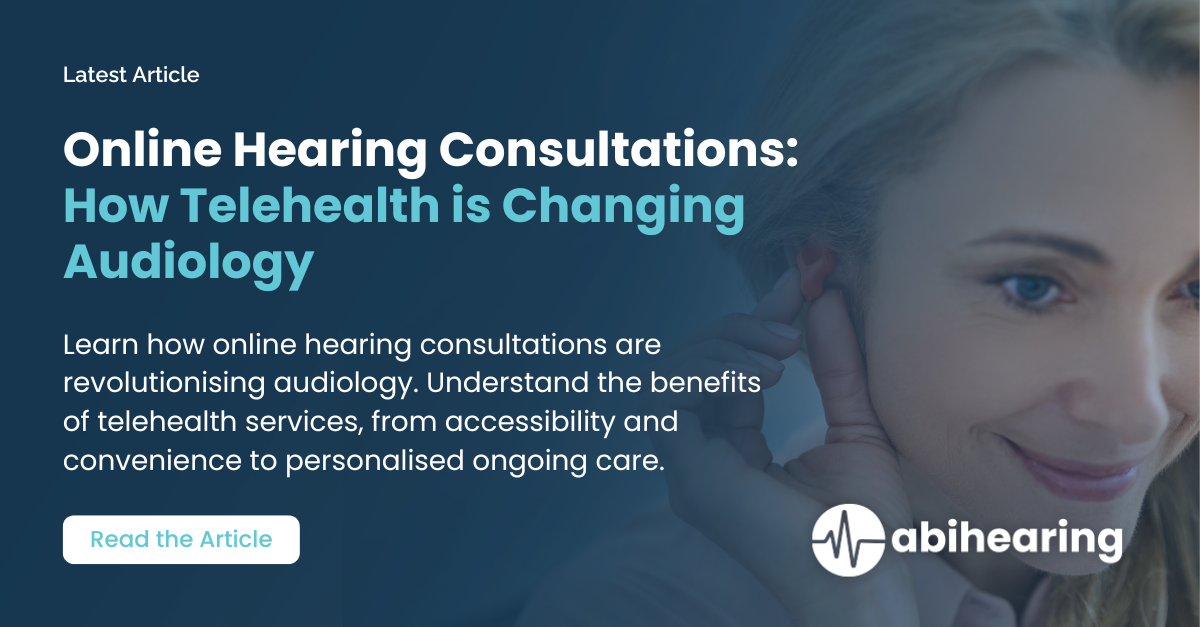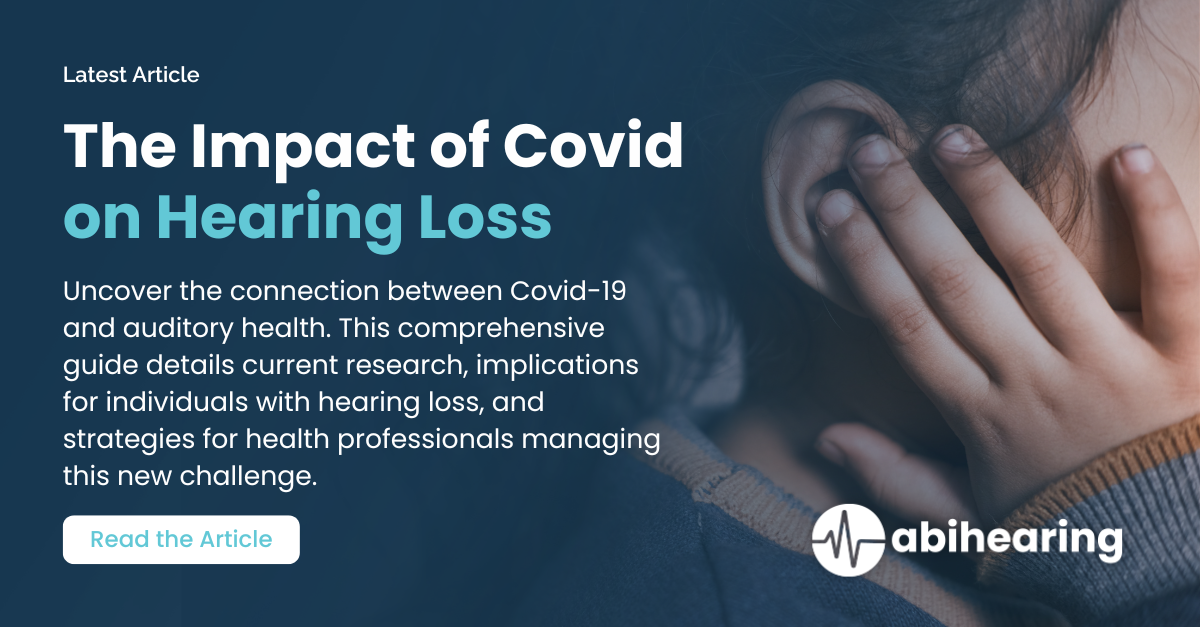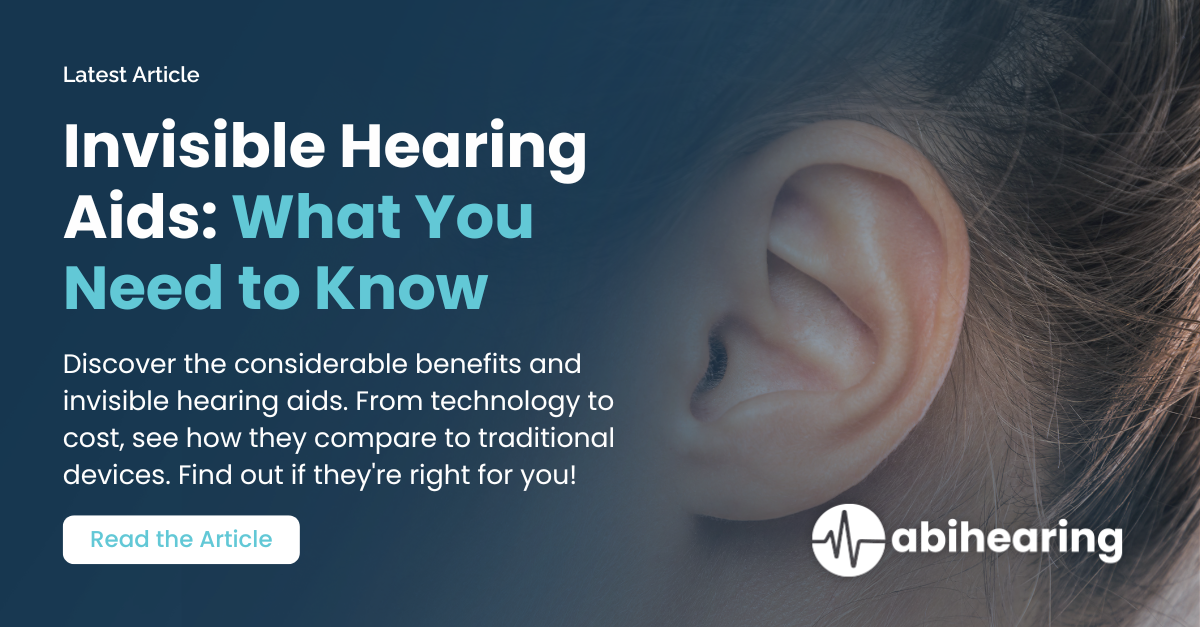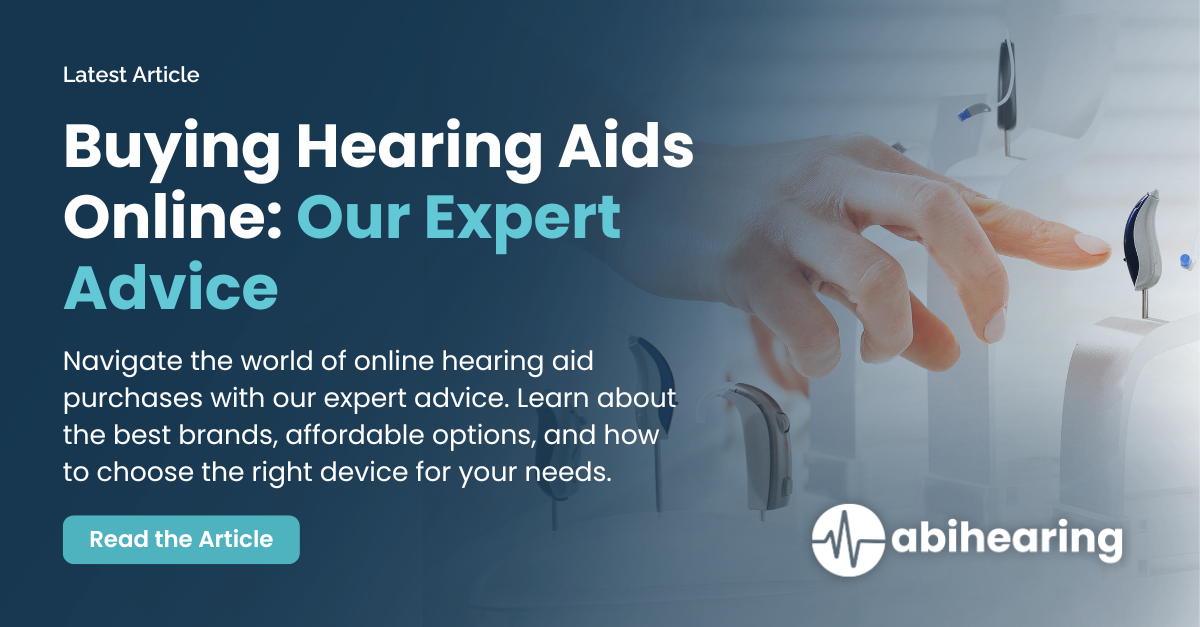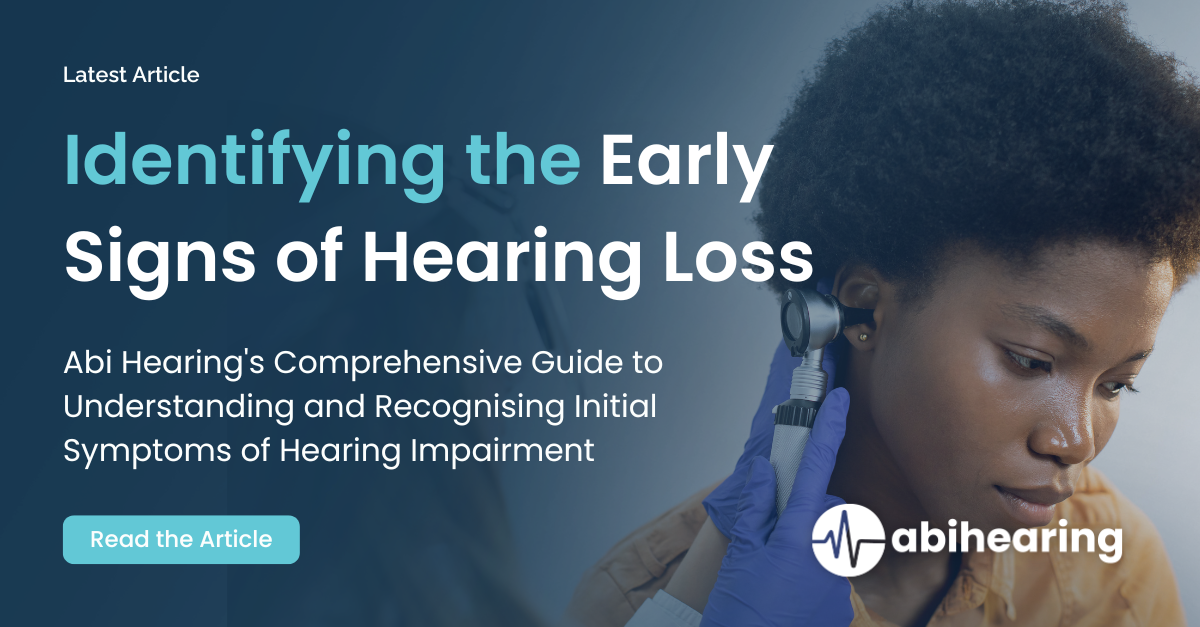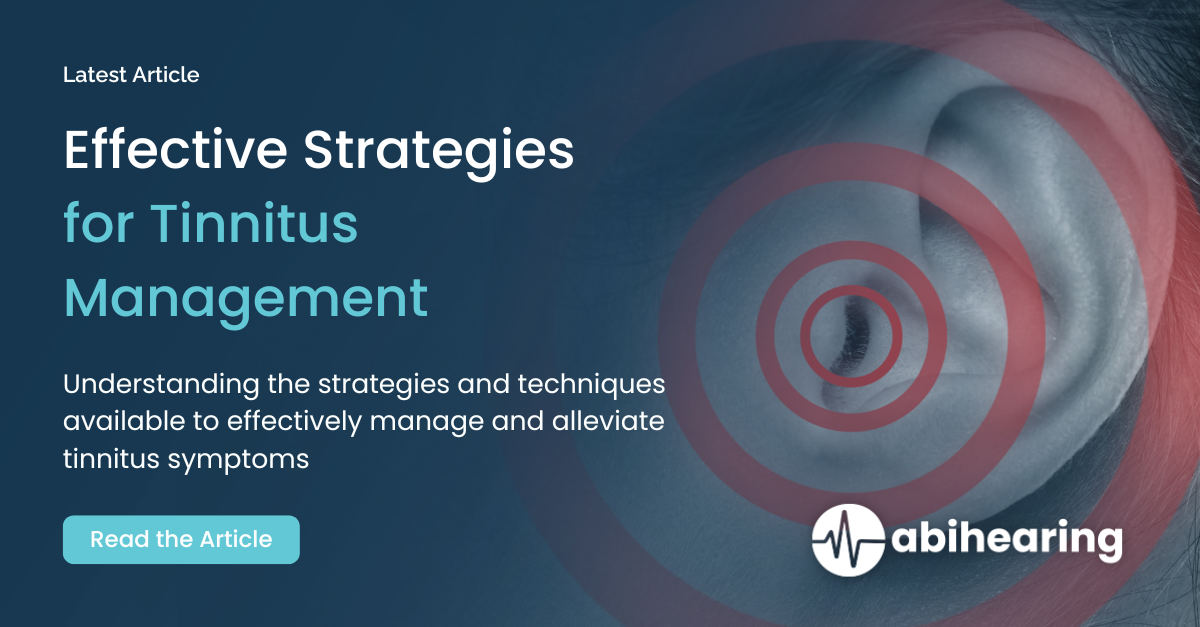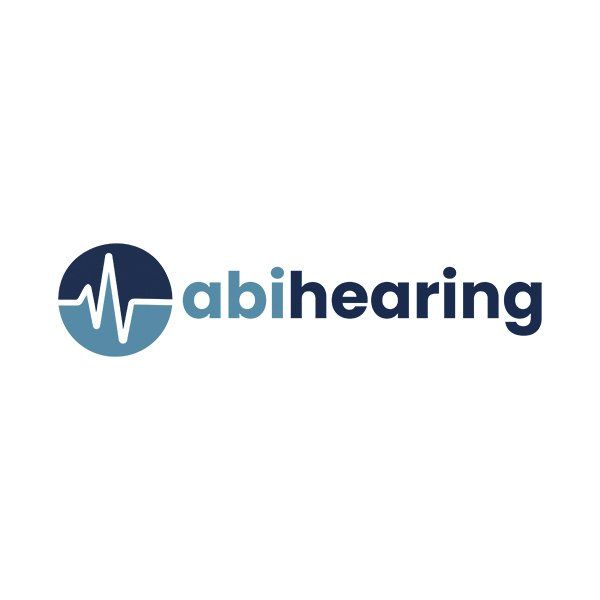What does an audiologist do?
Your Partner in Hearing Health.
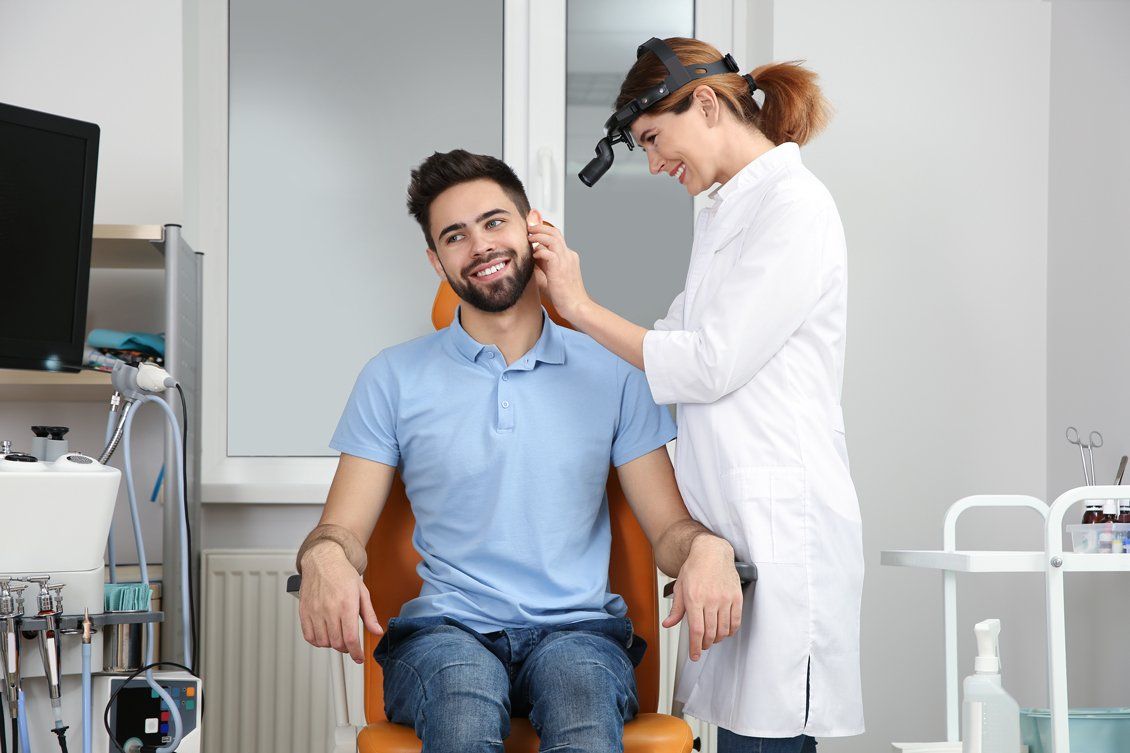
Many people don’t realise that hearing loss can happen to anyone at any time. This is why as a part of your regular health checks, a hearing test can provide you with the information you need about your ongoing hearing health.
What is an audiologist?
Audiologists are healthcare experts whose role is to work with patients of all ages to identify, assess and manage various health issues that cause hearing deterioration or hearing loss. From new-borns through to older adults, your audiologist should be a vital member of your healthcare professional team and can work with you and your entire family to ensure your hearing health is maintained.
In addition to this, audiologists can also help to diagnose and treat disorders that relate to balance and other neural hearing-related issues.
Do audiologists prescribe hearing aids?
Yes. When one of our patients is diagnosed with hearing loss as a result of a treatable hearing condition our team of audiologists conduct many tests and assessments to understand the underlying cause of the hearing loss. In many cases, hearing can be partially or completely restored with the help of hearing aids or other hearing devices. In 2021, hearing devices have progressed immensely in both function and usability and offer the opportunity for people suffering from hearing loss to lead completely normal lives. At Abi Hearing, we have chosen to be completely independent when it comes to helping our clients choose hearing aids which is why we offer a comprehensive range of models and devices that can suit the needs of any client or budget.
What conditions can audiologists help treat?
Audiologists can help treat a wide range of issues relating to hearing health as well as balance and neural related hearing loss. Whilst this list is not exhaustive, your local audiologist can help with:
Hearing Amplification with Hearing Aids
Many hearing health conditions can result in either minor or major loss of hearing. Many of these conditions can be treated, however, if we are unable to provide a treatment that will restore hearing completely a hearing aid may help. Hearing aids help amplify the sound that enters the ear canal. Modern hearing aids also have technology that allows the device to interpret and filter sound which can make it easier for our clients to understand speech in noisy situations.
Hearing Disabilities and Auditory Processing Disorders
Many conditions can impact hearing health. These conditions can affect one or multiple parts of the hearing biology including outer ear, inner ear, eardrum, ossicles, cochlea, auditory nerve or the hearing centres of the brain. Audiologists can help with the testing, assessment diagnosis and treatment of many hearing-related health issues. In some cases, hearing aids and other hearing devices can greatly improve if not completely restore a patient's hearing.
Balance Disorders
Many people aren’t aware that balance is intrinsically linked to the proper functioning of the hearing system. When the balance in the inner ear is disturbed, this can result in a range of symptoms including dizziness, vertigo and other balance-related issues. Audiologists can work with you to determine the cause of your balance problems as well as provide recommendations on treatment.
Tinnitus
Tinnitus is a common condition experienced by many of our Melbourne clients and can cause ongoing frustration if left untreated. Tinnitus is characterised by buzzing or ringing in the ear without the presence of external sound to cause this. This buzzing or ringing may come and go, be persistent or be exasperated by different external factors such as exposure to prolonged loud noises.
What do I do if I suspect I have a hearing health issue?
Abi hearing offers a wide range of hearing health services including hearing tests for new-borns, children, teenagers and adults. We also have technology onsite to help diagnose issues relating to balance disorders as well as issues that cause more significant hearing problems.
We also offer access to a comprehensive range of hearing aids and hearing devices to help our clients restore their hearing and move forward living their lives to the fullest. We can also help with initial and ongoing hearing aid prescription and fitting as well as hearing aid repairs and battery replacements.
If you are concerned for either your hearing or your loved ones hearing then reach out to our friendly team of audiologists and hearing health experts on (03) 9326 5334 or by email at info@abihearing.com.au.

